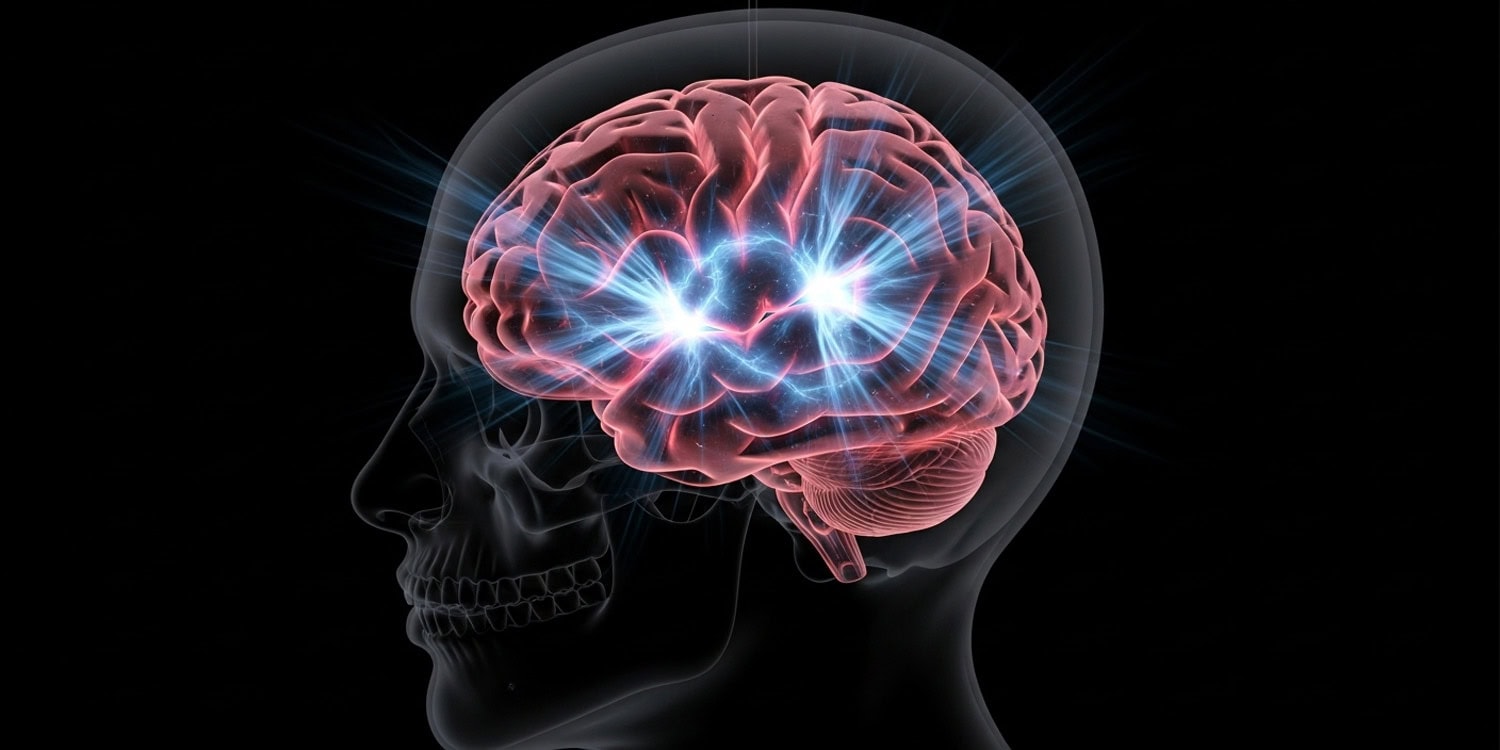T4K3.news
New study reveals dogs can detect Parkinson's
Researchers at the University of Bristol found a method to identify Parkinson's disease using dogs with high accuracy.

Researchers have discovered a method to detect Parkinson's using dogs, potentially years before symptoms appear.
New method can detect Parkinson's years before symptoms
A new study from the University of Bristol suggests dogs can detect Parkinson's disease years before symptoms appear. Researchers trained two dogs to identify skin samples taken from people with Parkinson’s, achieving a remarkable 98% accuracy. The study, published in The Journal of Parkinson's Disease, shows these dogs can distinguish between samples from healthy individuals and those with the condition. Currently, there is no definitive test for Parkinson's, which affects over 1 million Americans. Timely detection could lead to better treatment options, according to experts involved in the study.
Key Takeaways
"Identifying diagnostic biomarkers of PD is the subject of much ongoing research."
Dr. Nicola Rooney emphasizes the importance of finding early indicators for Parkinson's disease.
"We are extremely proud to say that once again, dogs can very accurately detect disease."
Claire Guest highlights the significant achievement of dogs in identifying Parkinson's early.
The potential for dogs to diagnose Parkinson's disease highlights a significant breakthrough in early detection of this condition. This approach not only offers hope for patients but also opens up discussions about the role of animals in medical diagnosis. Such innovative strategies could reshape how we understand and combat neurodegenerative diseases, ultimately leading to improved care for millions who are affected.
Highlights
- Dogs may be our best allies in detecting Parkinson's early.
- This study shows the remarkable capabilities of canine noses.
- Early detection could change lives for Parkinson's patients.
- Innovative methods like this can redefine medical diagnostics.
Potential controversy around early diagnosis methods
The discovery raises questions about the reliance on animal testing for diagnostic purposes and the implications of early diagnosis on treatment options.
This new method could revolutionize early detection of diseases like Parkinson's.
Enjoyed this? Let your friends know!
Related News

Study reveals striatum as key area for dopamine in the brain

Study Reveals Early Signs of MS Emerge Years Prior to Diagnosis

Research reveals earlier signs of multiple sclerosis

Study reveals genes linked to mental illness activate in fetal stages

Runner Lindsay Barad diagnosed with stage four appendiceal cancer

Astronomers identify new star orbiting Betelgeuse

AI Revolutionizes Earthquake Detection in Yellowstone

Groundbreaking study reveals brain emits light
